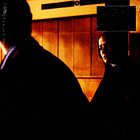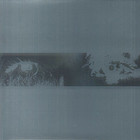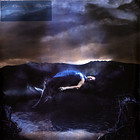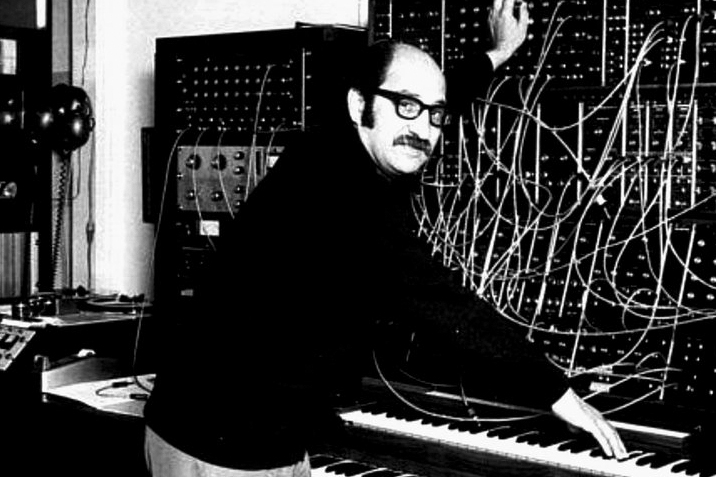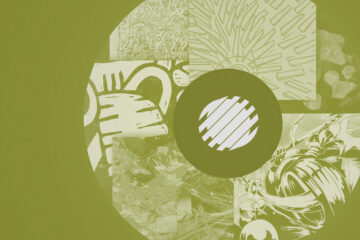To repeat is to change. Because repetition enriches. Repetition is experienced in juxtaposition to what has gone before. And thus different. Perhaps no one knows this better than Caterina Barbieri. Repetition is the »main tool« in her music, the Italian says. In recent years, the 32-year-old has risen to become the star child of a new form of minimalism. This is mainly thanks to her 2019 album »Ecstatic Computation«. Promoted by the legendary Edition Mego label, her compositions for modular synthesisers made it on to several best of lists.
And rightly so: »Ecstatic Computation« is a masterpiece in pacing. It consists of simple, modularly generated tone sequences. Barbieri infuses them with reverb, feeds them through loops. No beat, no chorus, just a few abstract vocals. Constant repetition leads to constant change. In this way, Barbieri succeeds in modelling soundscapes: Astral tone sequences float through their cosmos. Enveloped by them, we no longer feel the burden of life on earth. According to Barbieri, music has an »ecstatic nature«: »Sound transports us beyond the limits of our physical limitations and our ego. And in this process we comprehend a larger and more collective dimension.« »Ecstatic Computation« invites ecstasy in the literal sense: to go beyond yourself, to step away from yourself.
Where does the repetition lead?
I simply don’t like interpreting 2019 as the culmination of Barbieri’s work. Barbieri herself appears to see it in a similar light. Since then, she has attempted to tie in with the transcendence of »Ecstatic Computation« on three occasions. In 2021, on »Fantas Variations«, Barbieri invited eight artists to rearrange the centrepiece of »Ecstatic Computation«, the song »Fantas«. In 2022, »Spirit Exit« was released. On it Barbieri broadened her sound, introducing strings, guitars and more vocals. At the same time, she builds on the model she created with »Ecstatic Computation«. It stands in the shadow of its sun-drenched predecessor, full of references to Emily Dickinson’s poetry. »Exit« sounds like a despairing attempt to grasp ecstasy and its sibling, abnegation. For music also corresponds to an »unconscious desire for death – to dissolve oneself in sound and to lose one’s own ego«. »Like any form of ecstasy«, Barbiere notes with macabre humour. The spiritual journey is also a search for the final exit. Not exclusively, but replete with life-weary moments.
»Music corresponds to an unconscious desire for death.«
This brings us to the third iteration of Barbieri’s cosmic node: »Myuthafoo«. It offers six compositions. They were written in 2019, at the same time as »Ecstatic Computation«. If »Spirit Exit« took us to the cold edges of Barbieri’s solar system, »Myuthafoo« is a return to its centre. It consists of simple modularly generated tone sequences, augmented with reverb and fed through loops. No beat, no chorus, no vocals this time. Apparently, Barbieri has returned to the starting point. It toys with the juxtaposition with what has gone before, also in the structure of the album. The lead single »Math of You«, for example, creates an atmosphere of tension by using dynamic arpeggios.
The next song uses similar motifs, but scatters them around a desolate soundscape. The energetic melodies now seem spent. The name of the track is an anagram of the one that precedes it, »Myuthafoo«. The album title only resonates after you have examined the work. Repetition is Barbieri’s MO, in the songs, between the songs, between the albums. To repeat is to generate change. Repetition is also a means of dealing with the death wish. At least that was Sigmund Freud postulated. If anything, finding out where Barbieri’s repetitions lead is one of life’s better pleasures.


